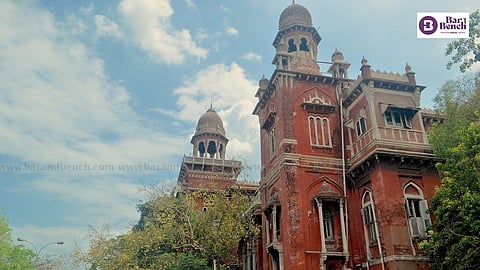The Madras High Court recently noted that internalised misogyny was a significant factor influencing the conduct of two women whose harsh and sexually charged remarks drove a 15-year-old girl to die by suicide by setting herself on fire [Kayar Nisha & Anr v State].

